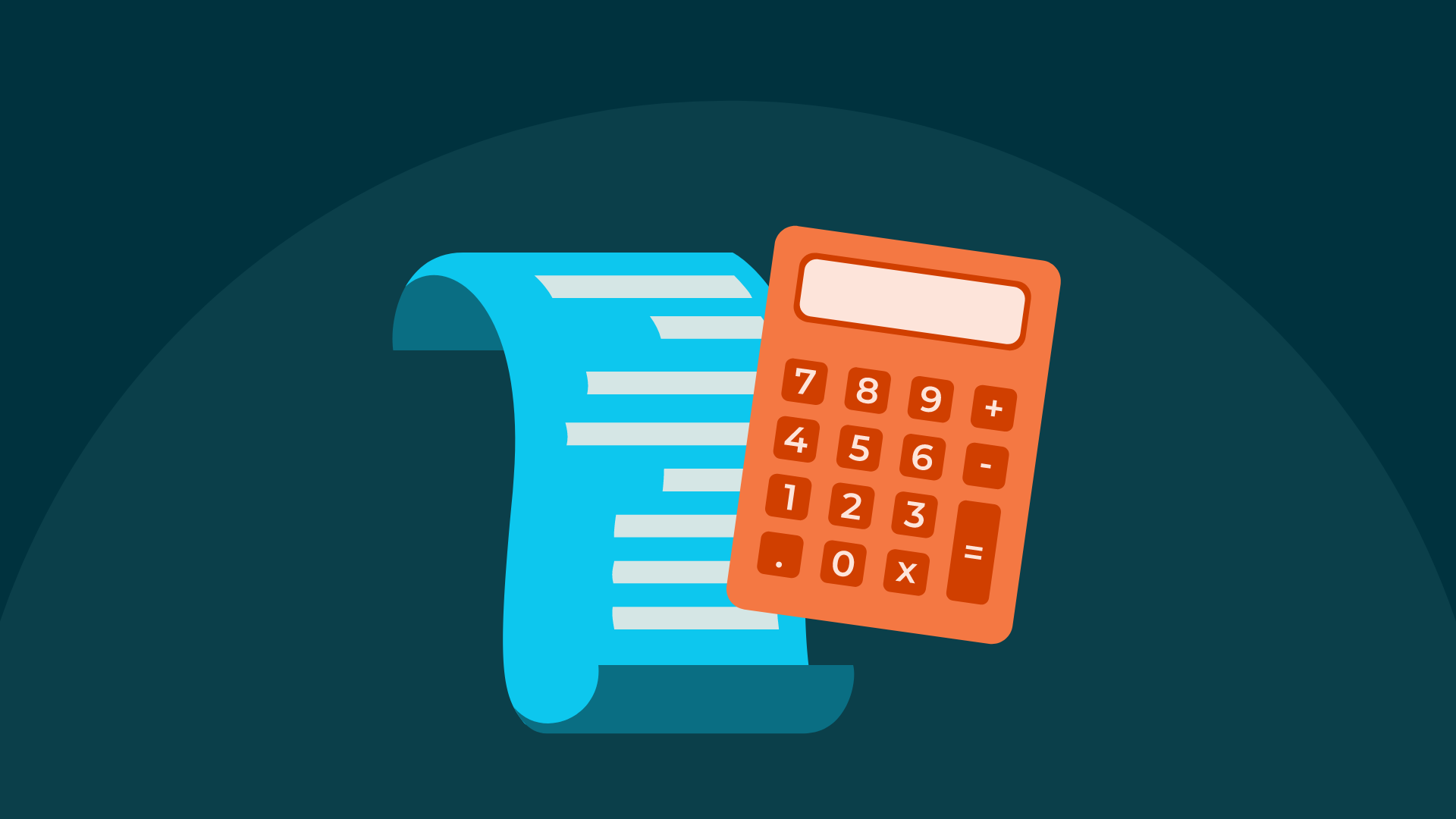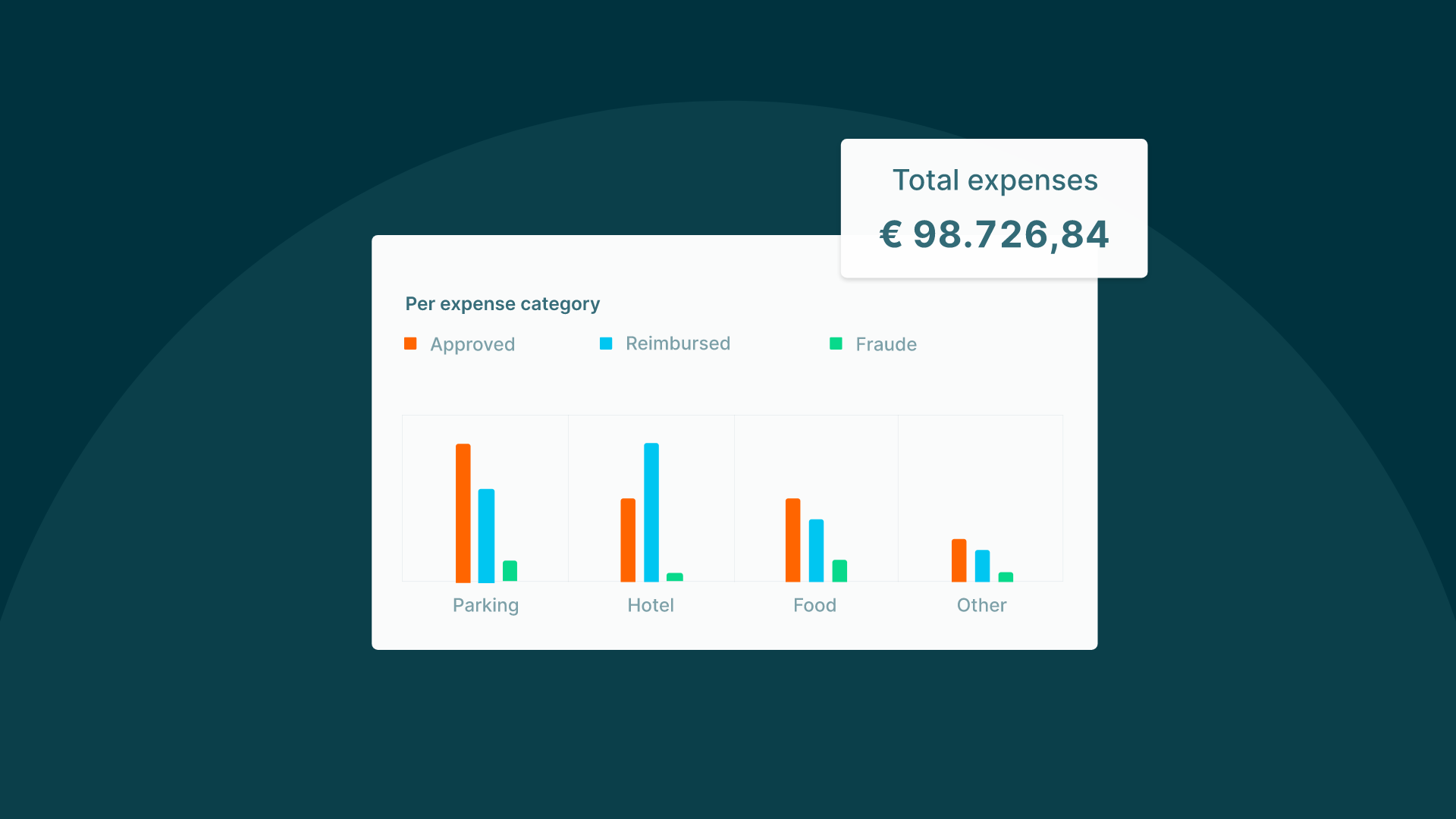Business expense claims are complex and time-consuming to process.
Filling out expense forms. Keeping and attaching the correct receipts. Manually approving every line in a report... These menial tasks are the bane of any business traveller’s life - and their company controller’s.
Unfortunately, fulfilling these tasks accurately is also necessary. Both for employee reimbursement and for corporate tax compliance purposes. But there is a better way than doing it all manually.
DISCLAIMER: The information shared below is intended to serve as a guideline. We highly recommend that you consult with your accountant to ensure you fulfil all legal and tax obligations in the country or countries where you operate.
What is a valid proof of purchase?
Proof of purchase is evidence of the purchase of and payment for a product or service, usually in the form of a receipt or invoice. It lists the products or services purchased with quantities and agreed prices for each as well as the date of purchase.
In the context of business travel and employee expenses, employees need proof to claim back professional expenses from their employer.
Employers can choose to reimburse employees for almost any business purchases. However, to claim a tax deduction (and thus reduce their costs) they need valid proof of purchase and will thus require employees have it.
In addition to taxes, employers require proof of purchase from their employees as part of their expense policy to avoid fraud.
Proof of expense: special cases
Certain types of expenses don't come with a receipt or invoice. Instead, they have their own particularities for reimbursement.
Mileage claims
If an employee uses their private vehicle for business travel, they may be entitled to a mileage claim. To do this, they must provide the following information:
- Reason for the trip, to prove its professional nature
- Start and end points
- Total distance travelled
- In some countries: the vehicle’s make, model, registration and horse power.
Valid proof remains necessary for claims on additional expenses such as fuel or toll gates.
NB: Mileage is mostly only tax-free following the official governmental rates. Should a company pay employees a mileage rate higher than that from the government, the excess will be treated as part of the employee’s salary. As such, they will have to pay tax on this additional amount.
Daily allowances or per diems
An employee travelling for work may be entitled to a daily allowance or per diem. This is a lump sum they receive from their employer and intended to cover expenses such as meals or accommodation if these aren't being separately reimbursed.
Per diem rates vary depending on the employee's home based and the duration and destination of travel. These will usually be calculated and added to the payroll and generally do not require any particular justifying documents.
Meal expenses
If an employee incurs meal costs as part of their professional activity, these may be subject to reimbursement. As always, valid proof of purchase with the date, merchant and amount is necessary. If the meal includes guests, the claim should also include the following:
- Name of guest(s) - both external guests and internal colleagues
- Guest(s) title
- Company name
The above depends on the individual company expense policy, but adding them is best practice.
NB: If the employee benefits from a daily allowance or meal vouchers, these should be deducted to account for a meal reimbursement claim. Not doing so would equate to the employee receiving double pay for their meal (once via the allowance or voucher, and once via the reimbursed meal).
Accommodation
For accommodation costs, the receipt or invoice should include:
- The number of nights
- The room type
- Other expenses (breakfast, mini bar, spa, on demand entertainment, etc.). These should be listed separately from the room costs if not included.
How to get reimbursed if the proof of purchase is missing?
In case the proof of purchase is lost or damaged, employers can allow their employees to use an affidavit to claim expenses. This affidavit allows employees to explain the reason for the missing evidence and provide a signed statement justifying the expense and asserting the correctness of the amount.
Most tax authorities require fiscal proof of purchase for tax reclaim purposes. However, affidavits allow employees to claim back justified business expenses rather than spend out of pocket for them.
NB: Any company attempting to claim a tax reimbursement without the appropriate supporting documentation may face serious consequences, up to and including prosecution. It is therefore recommended to have and keep documentation for the required length of time (up to 10 years in Europe).
Automating proof of purchase capture with Mobilexpense
Given the complexity of the rules around expense claims, it is easy for employees and controllers to make mistakes. Automated expense management solutions like Mobilexpense remove the burden of paperwork and make it easy to capture, submit and store proofs of purchase immediately and online.
Mobilexpense simplifies expense management with automated OCR capture of receipts and invoices, digital storing and automated approval and control flows. Easily capture, submit, approve and store expenses and their supporting documents with nothing but your smartphone.
Share this
You may also enjoy
these related stories

Updated VAT, Mileage and Allowance Rates for 2024

The Role Of Big Data In Expense Management

The Rise of AI and ML in Expense Management
